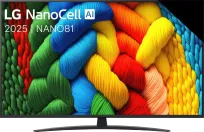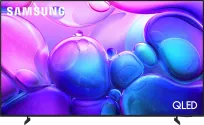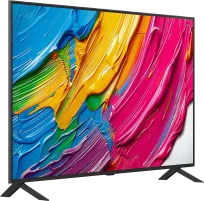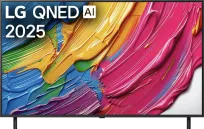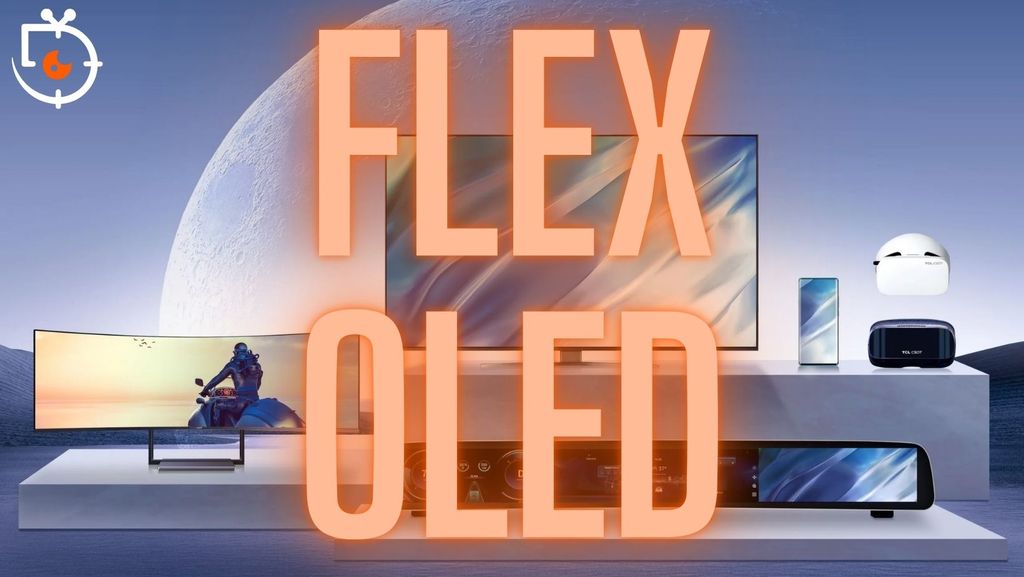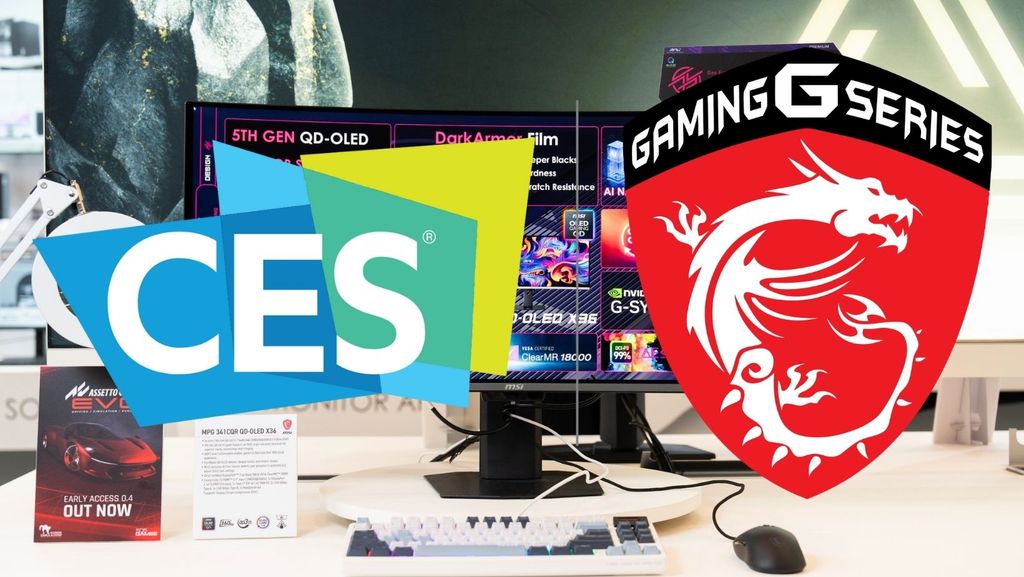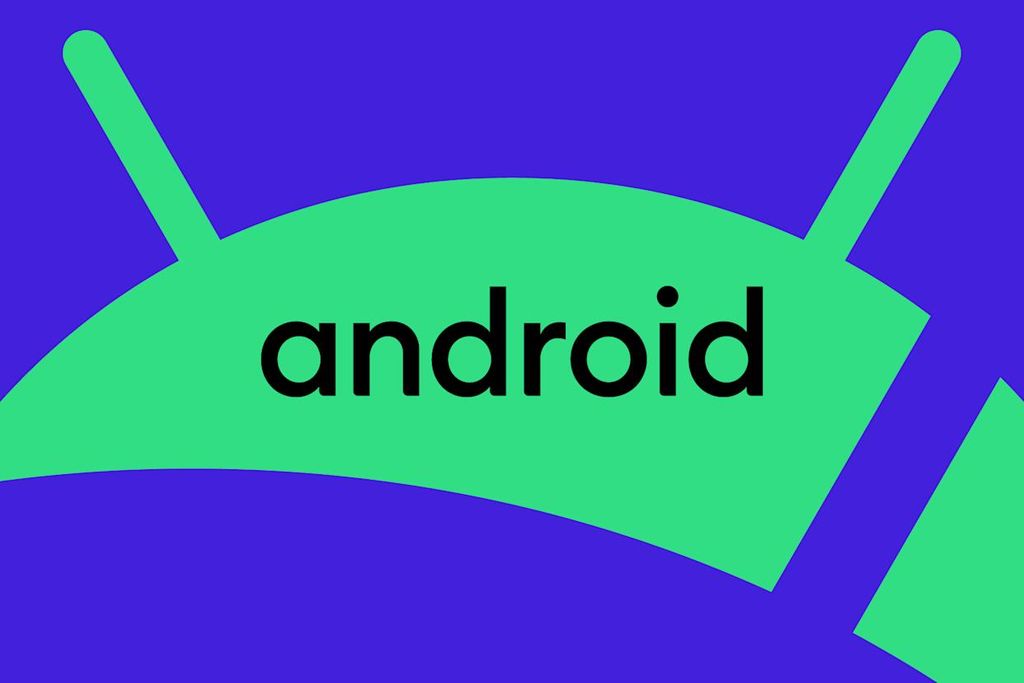
Google is quietly preparing one of the biggest turnarounds in its history of operating systems. And although the name "Aluminium OS" sounds like an experiment in a lab, more and more evidence points to it as the foundation of Google's future offensive in the laptop and computer market.
Aluminium OS – Android for desktops is really coming
A leak from a job listing on LinkedIn, spotted by user Frost Core, practically confirms the existence of the project. Google is looking for engineers to work on a "new Aluminium system, based on Android," as described by Android Authority. This is no longer a theory. Interestingly, internal Google documents also mention "non-Aluminium ChromeOS," suggesting that Aluminium may be just a working codename rather than a necessary name for the final product. One thing is clear, though: Google no longer wants to treat Android and ChromeOS as separate entities. It is building something new – a system that will combine the mobile experience of Android with the desktop comfort and performance.
AI at the Core of the System – Gemini Changes the Game
This will not just be ChromeOS with a new overlay. According to the announcement, AI is to be embedded in the foundations of Aluminium OS. Google is integrating Gemini models directly into the system, suggesting a complete transformation of the operational philosophy. The new OS is to work on:
laptops
tablets
2-in-1 devices
mini-PCs
In other words, everywhere ChromeOS has “somehow worked” but never gained an edge over Windows or macOS.
Google's New Hardware Strategy
Three new categories of devices appear in the documents:
AL Entry
AL Mass Premium
AL Premium
They exist alongside the existing Chromebooks and Chromebook Plus. This shows that Google does not intend to suddenly abandon ChromeOS, but plans for their parallel existence. Aluminium OS is set to scale from inexpensive school laptops to powerful ultrabooks – a segment where Chromebooks have always struggled to compete.
Moreover, the official materials include a statement about “running the business during the transition from ChromeOS to Aluminium while maintaining business continuity.” This is a clear sign: ChromeOS is not disappearing immediately, but Google is preparing for an epochal migration.
This doesn’t have to be the final name yet
“Aluminium OS” sounds great as a codename, but weak as a consumer brand. Google can:
keep the name Aluminium,
or incorporate the entire project under the ChromeOS banner to avoid confusing buyers.
The final decision will be made in 2026 – that’s when the first computers with the new system are expected to appear.
What does this mean for the market?
If Google really delivers:
a full-fledged Android for desktops,
with native support for mobile applications,
with an interface optimized for keyboard, mouse, and large screens,
with AI that genuinely facilitates work,
then for the first time in years, someone may try to seriously take up the challenge against Windows and macOS. Aluminum OS could be the biggest change in the Google ecosystem since the launch of ChromeOS… or even since the launch of Android.
 Katarzyna Petru
Katarzyna Petru


